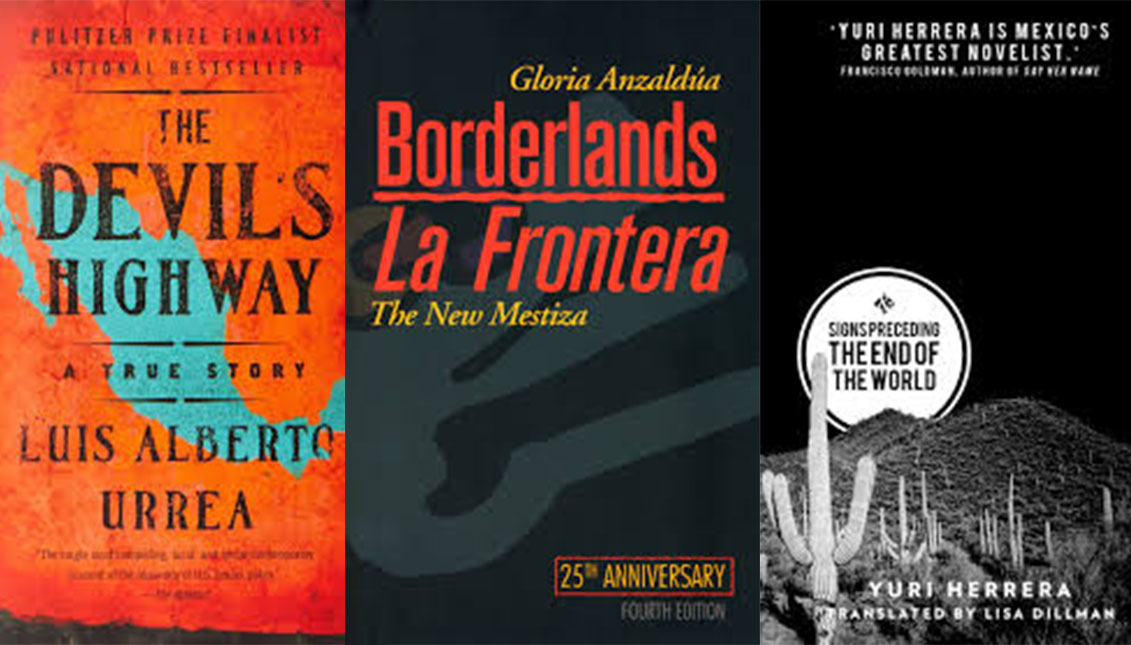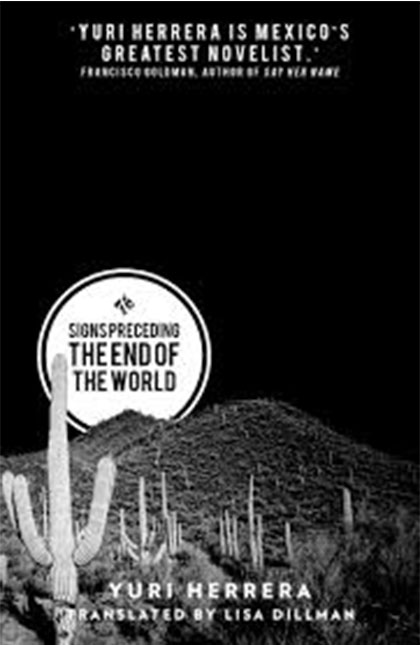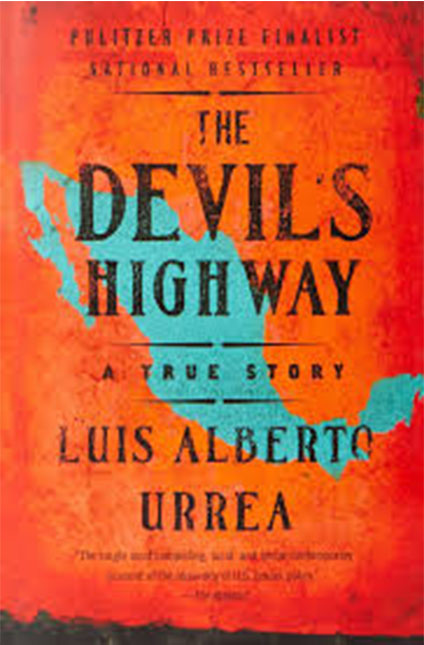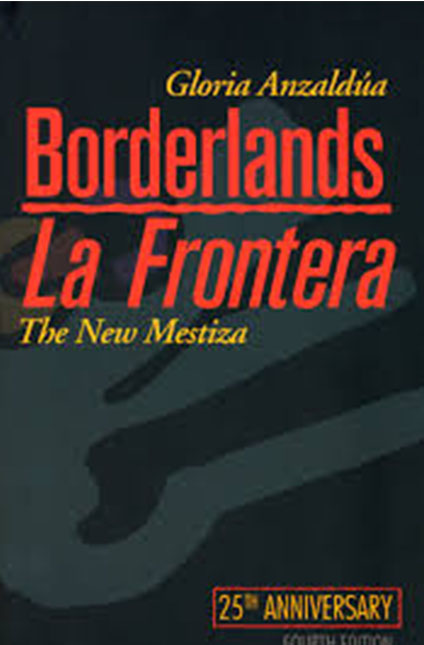
Four books about the immigrant experience which are not American Dirt
From Yuri Herrera to the activist Gloria Anzaldúa, what is the border experience really like?
Described by celebrities such as Stephen King and Don Winslow as "The Grapes of Wrath of Our Time," Jeanine Cummins' book about a mother and son fleeing from the persecution of a drug cartel in Mexico has caused a stir in the Latino community, not only because of the media attention it has received but because of what they claim is a cliché-laden account of the immigrant experience that masks a "whitewashing" in the book industry as well.
With no intention of continuing feeding the controversy the editorial blurb, we've decided to highlight books written by Latino authors that together make up a wide and rich range of the sentiment and harsh stories about migrants arriving in the United States.
Between novels and hybrid essays that deserve our full attention, these are our top picks:
The second novel by Mexican writer Yuri Herrera is a display of narrative virtuosity with a female protagonist, Makina, a Mexican telephone operator who must undertake a dangerous journey to the United States in search of her brother.
A novel that reflects very well the migrant experience and the harshness of the border police, as well as describes the life and speech of the border people shown through nine mythological journeys. Without any doubt, a book to delve into a Mexico of legends and also great sorrows, full of emotion and a universe of its own.

RELATED CONTENT
Written more than 16 years ago by renowned Chicano poet and writer Luis Alberto Urrea, "The Devil's Highway" has become a nonfiction classic. It tells the story of 26 Mexican men who, in 2001, crossed the border into the inhospitable Arizona desert area known as Devil's Highway, facing many dangers, including the border patrol (La Migra), armed guards, rattlesnakes and the harshness of a bipolar climate - intense cold at night and relentless sunshine during the day - Urrea goes beyond the clichés, and reflects the absurdity of walls and migration policies in a book that is totally up-to-date.

Born in Mexico but raised in Texas, Fernando Flores has turned out to be one of the strangest and most revealing new voices of the past year, as has his unusual new weird dystopia, "Tears of the truffle-pig." Imagine a parallel universe, a South Texas in a strange dimension where drug trafficking is completely legal, but there is new contraband: extinct animal species that are raised through bioengineering. A surreal and hypnotic story dotted with legends about tribes and the mysterious cult of a Truffle Pig that is said to possess strange powers. A delirious, twisted and bold vision of the border that shows how inhumane border policy has become.

A mixture of essay, autobiography, and poetry, this jewel of Chicano activist Gloria Anzaldúa is as mestizo as its title. An essential work to understand the complexity of Chicano identity and a twist to the discourses on gender. What makes us border subjects? How many borders besides the physical ones shape us? Indigenous woman, lesbian, border dweller, this book not only addresses cultural mestizaje from Anzaldúa's own experience but is an x-ray of this identity flow that often causes confusion and even isolation to Latinos born in the United States or those who have grown up in the country.













LEAVE A COMMENT: